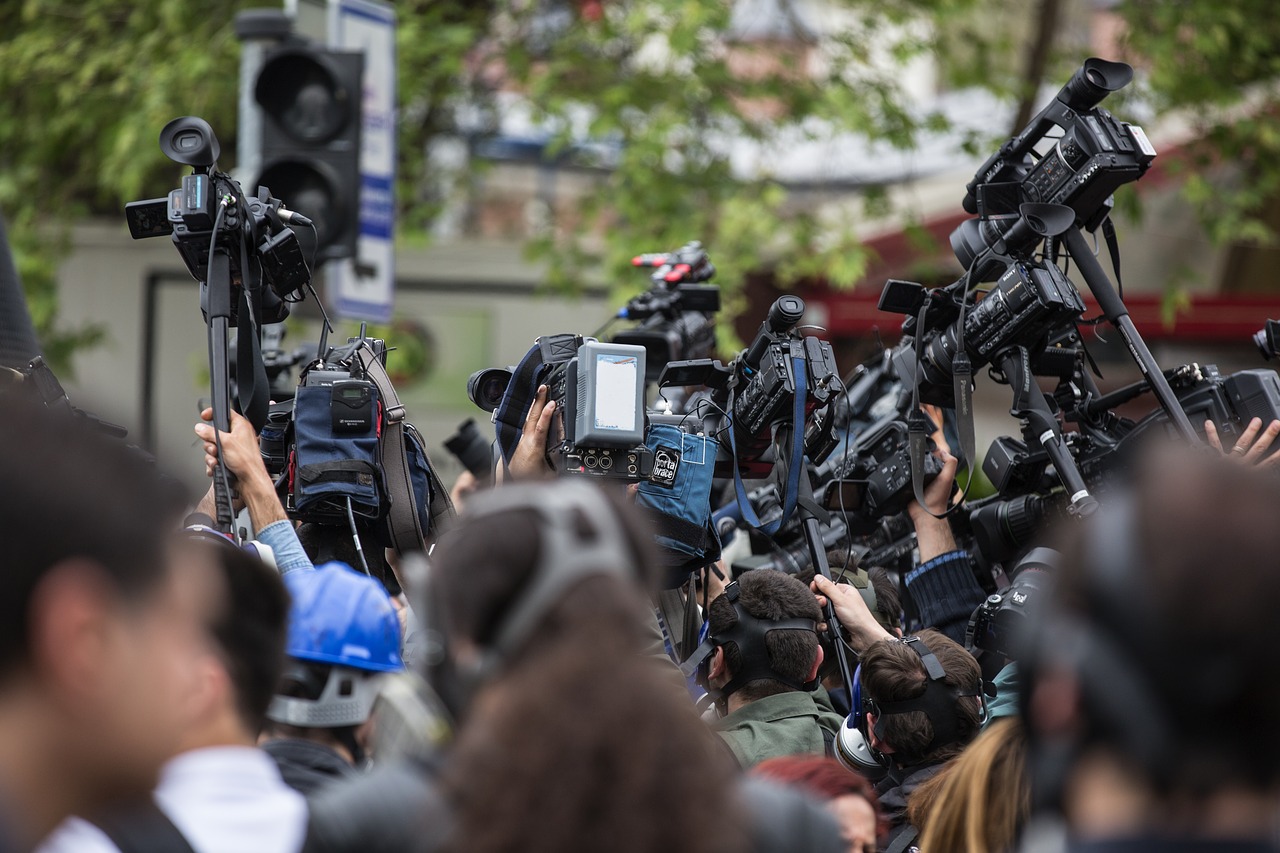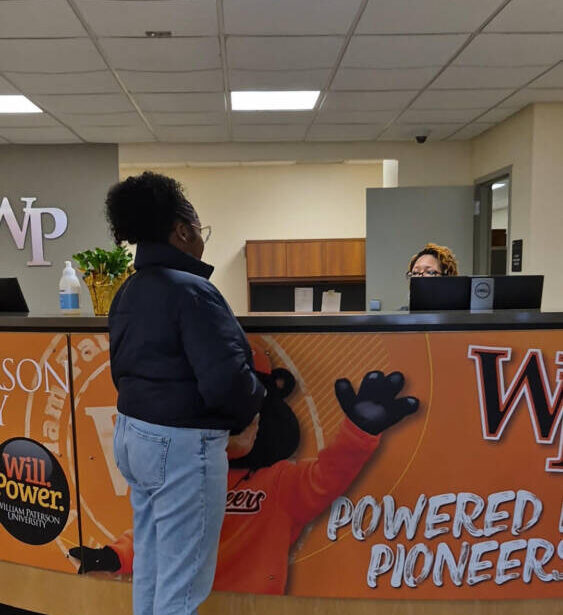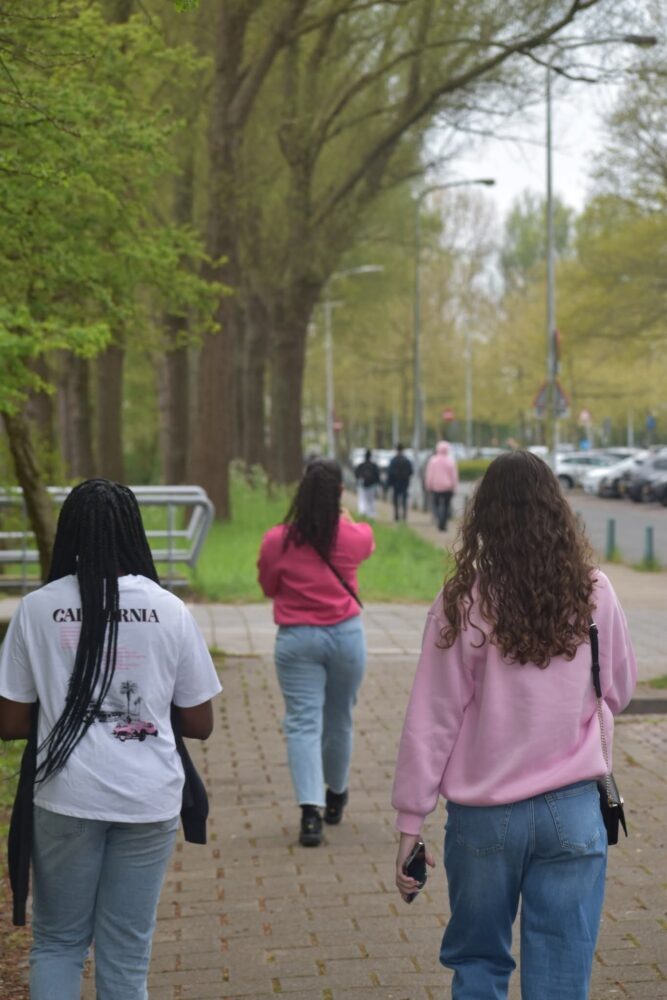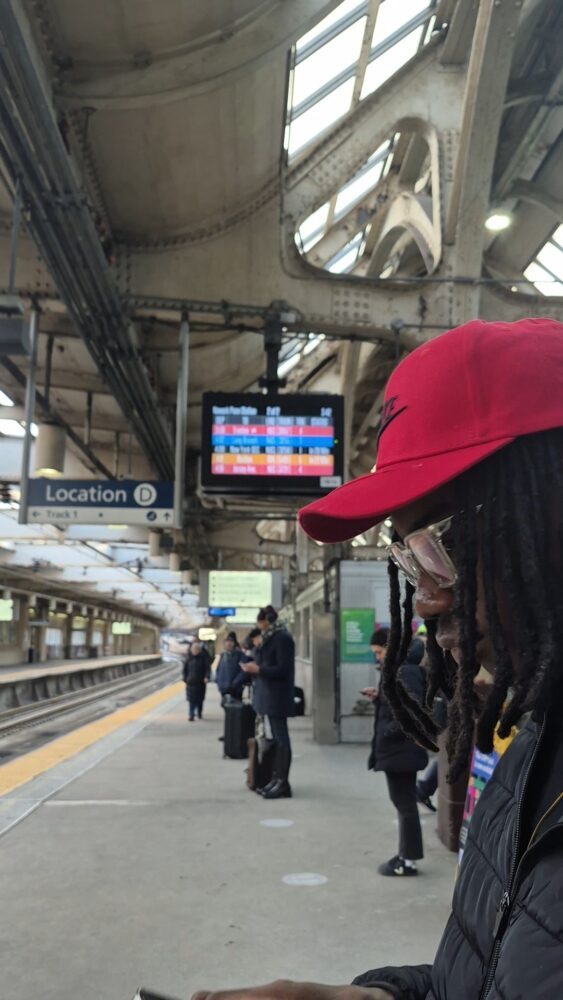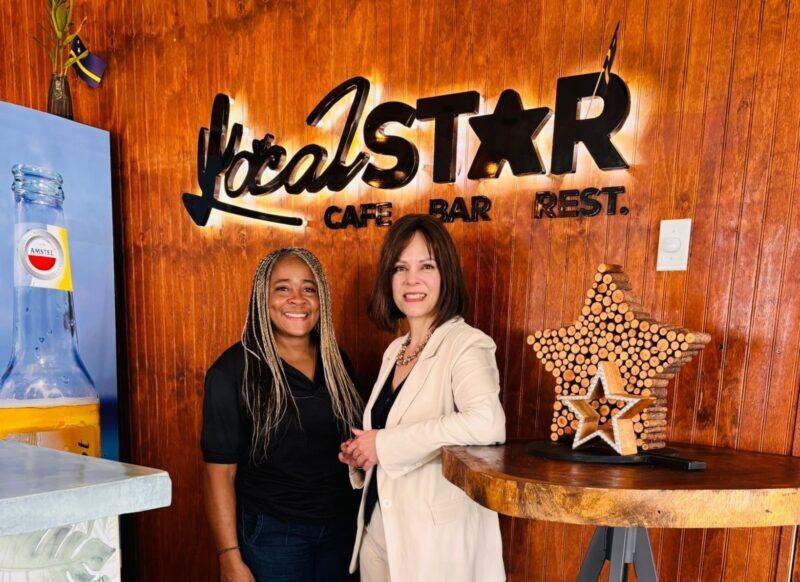ORANJESTAD – The freedom of the press was under even more pressure from both the government and citizens during the corona crisis. However it is Aruba that took the crown, according to the media and journalists on the Dutch Caribbean islands.
On Aruba, journalists did not receive a dispensation when the curfew was announced. After that the government made agreements with a select group of journalists where every evening, on a rotating schedule, three media outlets would be allowed on the streets. This went on for more than a month.
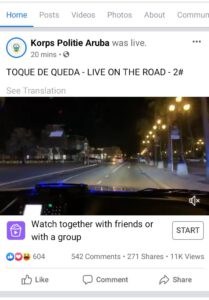
The police were appointed to report on what was going on to journalists on Aruba during the first couple of nights of the curfew.
Additionally journalists were not allowed to attend press conferences held by the government. These were streamed directly on Facebook where citizens could comment immediately. By doing this the government provided people with a platform to criticize the press but also to ridicule them and even threaten them.
“What we hated the most was the selective information that we received and the constant sugar coating by the government. Twisting the negative information with positive news. And because the internal media coordination was none-existent within the crisis center the press would ask questions twice. That made the citizens label the press as idiots”, says Tito Laclé of NoticiaCla.
Edmond Croes, director of the Solo di Pueblo newspaper, radio station Topfm, and TV station Canal 22 says the government did not treat the press correctly. That has changed but we still have to get our papers to the presses earlier. It used to be 11 before the COVID-pandemic now it’s 7 at night. The citizens also ridiculed the press in the beginning, he says. “But after that they realized that they didn’t know what was going on without the press and that the authorities could abuse the situation without the press keeping an eye on them.”
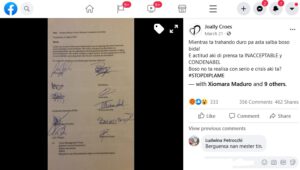
The message posted by press secretary Joally Croes
Smear-campaign against the press
The fact that a lot of people smeared the press at the beginning of the crisis is partly due to the government. When a group of journalists wanted to boycott the publication of government information, Joally Croes, the press secretary for the Aruban Prime Minister, immediately published an accusatory post on Facebook with the hashtag stopdiplame (stop de spread).
With more than 300 comments under the post, she also provided a platform to people to not only ridicule the press, but to also insult them and threaten them. Similar messages were also posted by several ministers and high ranking officials on their social media and fueled the smear-campaign against the Aruban press.
Who is a journalist?
One of the arguments used by the Aruban government to deny the press their rights when the curfew came into effect was to say that they didn’t know which individuals were journalists. But during the press conferences the Prime Minister’s spokesperson would prioritize the questions posed by the non-existent media outlets leading to the questions of the established media-outlets not being answered due to time constraints.
The lack of a system that stipulates how to treat the press during a pandemic, is one of the reasons it all went awry at the beginning, Patrick Paskel of 24ora states. “It turned out not to be a priority for the government. We started a press association after that.”
Baboe Hoek of Noticiaabc says: “It might be hard to unite the press on Aruba. But what we showed was that the press is just as, or even more important than a government. Because eventually they will leave, and we’ll be around.” He also criticized the press: “It is abhorrent that media outlets which were close to the previous AVP-government used COVID to make political statements. The public were poorly informed because of this and got confused. You can’t manipulate the public like that during a crisis.”
The government on Sint Maarten did have a press system in place because they had already dealt with such situations after disastrous hurricanes. But a recent editorial by The Daily Herald showed that the government has been implementing more rules for recognized journalists and has been using these rules to deny journalists entry to events or to not answer their questions.
“A government that becomes too selective when it comes to the recognition of legitimate journalists, finds itself on thin ice. Before you know it, mandated state permits will be implemented”, according to the paper.
Journalists on the freedom of the press on Curaçao
Curaçao, which is in the midst of a second and worse Corona wave, gets briefed by the government almost on a daily basis. But that too gets criticized by the press because they’re not always allowed to attend.

One of the government briefings where the press was not allowed.
Journalist Yves Cooper considers the manner in which the press conferences are given to be ‘an attempt to shut-up the press’. He has also lost all faith in how (not) transparent epidemiologist Izzy Gerstenbluth is. He calls the manner in which the people have treated the press his ‘worst experience in 20 years of journalism’. “It was a confirmation that the people don’t know what journalism entails, the value it adds, and the reason for that is the press itself, which has given them a wrong impression.”
‘Periodismo di chupalenga’ is what he calls it, or parasitic journalism. “These are journalists who will do anything to stay friendly with everyone in a public function or in the private sector. That’s why they don’t ask critical questions as to not anger anyone.” They also take on jobs for political parties. Or there’s a journalist that’s on the board of a government company, says Cooper. “You can’t do that. And the people think that that is a journalist.”
Mike Willemse of the Antilliaans Dagblad says that he experienced almost no impediments. “The government is always willing to talk to our staff and is constantly available for questions and answers. We were also able to move around freely, even with the curfew: all of our employees received a dispensation and are not hindered in that.”
The news outlet does however have to be extra vigilant when it comes to ‘fake news, usually posted by malicious citizens’, he says. “We always check that first.”
Good for the media?
Finally the corona crisis has also had positive effects. That’s according to editor in chief Boi Antoine of the recently launched newspaper Boneriano, which was launched because locals wanted more information during the pandemic. “Èxtra (a newspaper from Curaçao which published Bonairian news) couldn’t publish more pages and that led to Bonaire having its very own paper for the first time in its history.” For a lot of the elderly individuals on the island, it is very important because otherwise they would’ve missed a lot of important information he says.
24ora says that it has seen a 40% increase in the amount of users since the pandemic started in March. “People were at home and wanted to stay up-to-date with the latest news. Our videos are being watched more often and more people comment, earlier on the posts”, according to Paskel.
But despite these developments it has been a very rough year for the media, as for all other businesses. “There wasn’t a single paper for weeks, everything was on websites or on Facebook. When the stores remained closed, and there weren’t any street vendors. And the paper can’t be delivered to the other islands because there aren’t any daily flights or ferries Additionally half of the advertisement and printing income vanished. The Saturday edition of the paper is still not being printed”, says director Paul de Windt of The Daily Herald. Next to all of this the media on Sint Maarten didn’t receive any government support at the beginning of the pandemic to help pay employee salaries. But that was rectified after two months.
Hoek of Noticiaabc says that it remains a financial challenge up to this day. “The press still depends on sponsors.”
On Tuesday Caribbean Network will publish part two as to why journalists on the Dutch Caribbean islands also need protection.
| Freedom of the press curtailed worldwide
During the World Press Freedom Conference last week which was organized this year by the Netherlands and UNESCO, it became clear that governments all around the world used the corona crisis to curtail the freedom of the press and pressure journalists. A different major threat seems to be the social media platforms. Journalists have to fight against fake news and information. Journalists are more often the targets of online lynching, especially women. |




